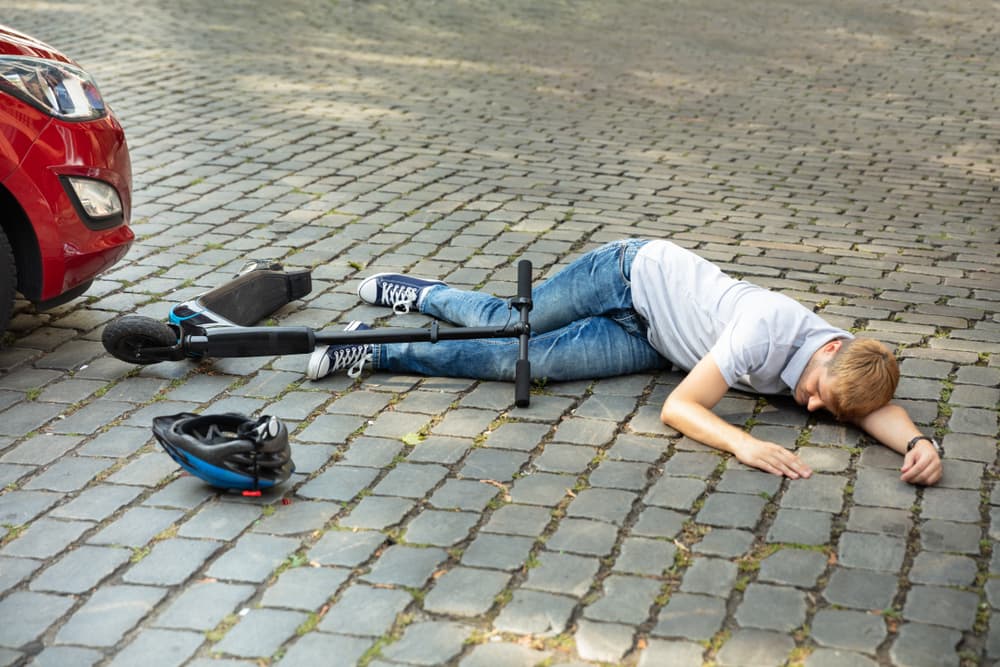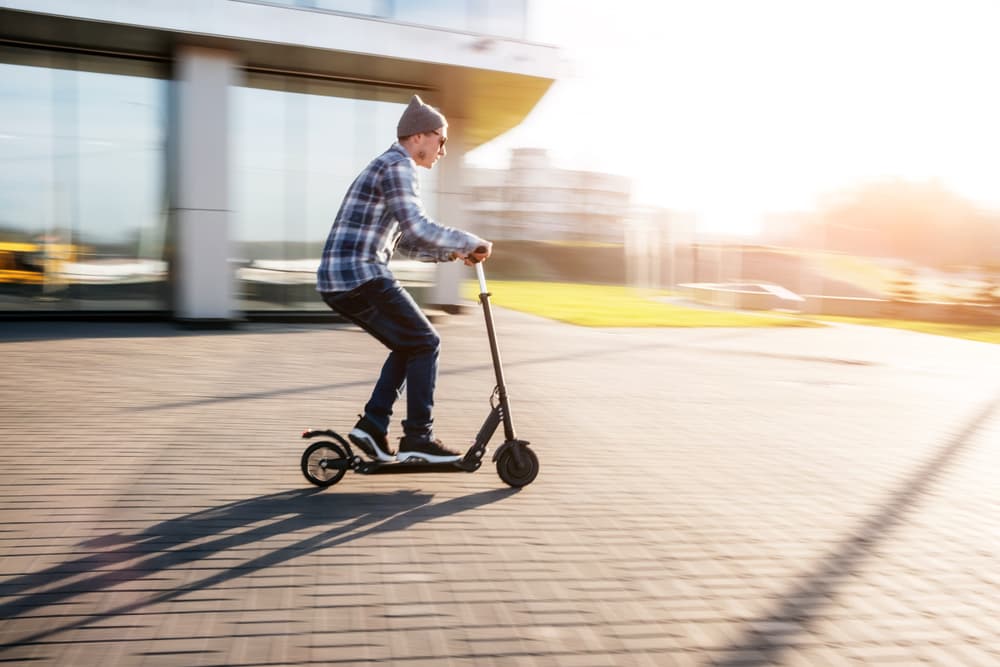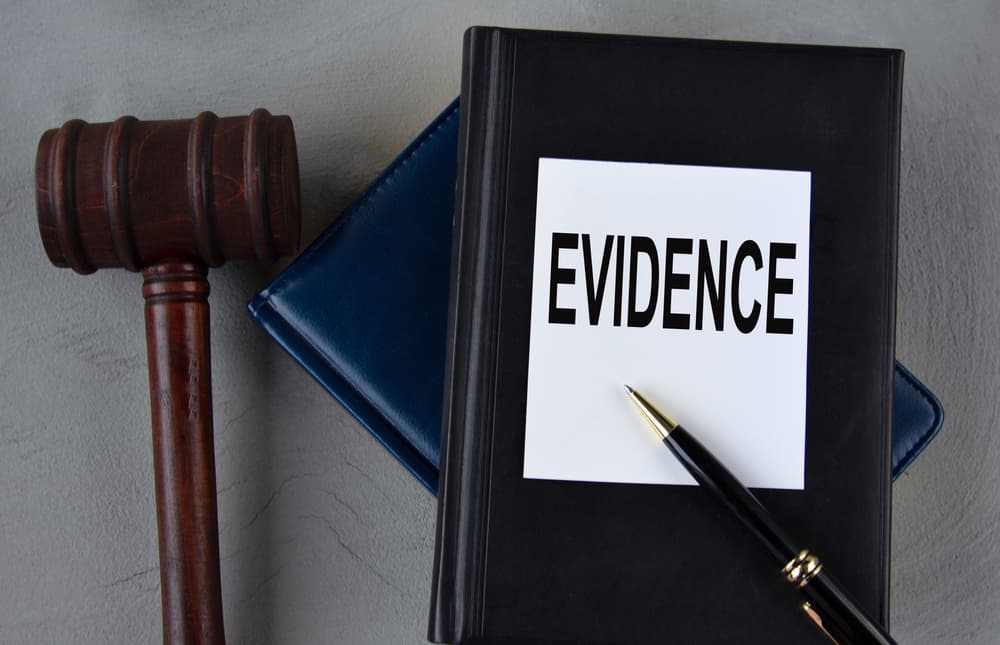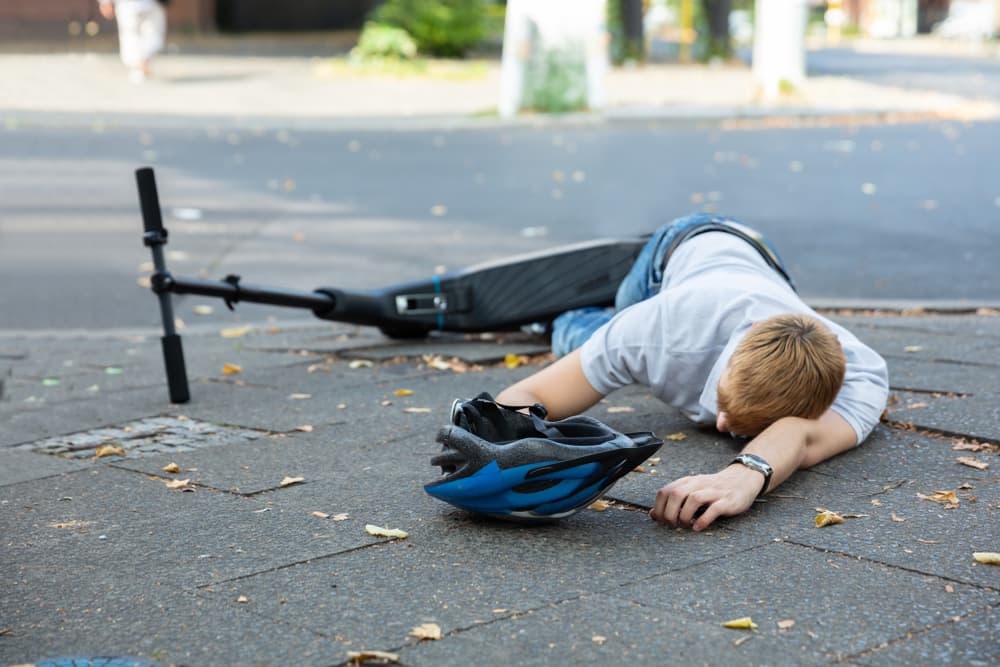If you’ve been injured in an e-scooter accident in Chicago, you are facing a modern problem. They appeared on our streets almost overnight, and the rules governing them—and who is responsible for accidents—are complicated and constantly changing. Many people, whether they were riding the scooter or were a pedestrian struck by one, find themselves asking the same questions: Who pays for my medical bills? How do I hold the right person accountable?
Determining liability is not straightforward. It could involve the scooter rider, the billion-dollar rental company that owns the device, a negligent driver who caused the collision, or even the City of Chicago itself for an unsafe road condition. Each of these possibilities involves a different set of rules, a different kind of evidence, and a unique legal pathway.
This isn't something you should have to piece together while you are recovering from an injury. Our firm, Abels & Annes, P.C., understands the specific challenges of these cases, and our role is to handle this burden for you. You don't have to figure this out on your own.
Call Abels & Annes, P.C., your trusted Chicago scooter accident lawyers, today for a free consultation at (312) 924-7575.
The New Reality: How E-Scooters Changed Chicago’s Streets

In just a few short years, Chicago has gone from having zero e-scooters to a city where they are a common sight, logging over 3.7 million trips between recent years alone. This rapid adoption means that both riders and pedestrians are still adapting to sharing the road in a new way. The learning curve has, unfortunately, come with a documented increase in injuries.
This isn't a surprise. National injury rates have risen sharply with the popularity of scooters. During Chicago's own pilot programs, which were designed to test the viability of e-scooters, local emergency rooms saw a consistent flow of scooter-related injuries affecting both riders and pedestrians.
The Problem in Numbers:
- Riders vs. Pedestrians: While the majority of those injured are the scooter riders themselves, pedestrians are also at significant risk.
- National Scale: The trend is not unique to Chicago. Across the United States, tens of thousands of people are hospitalized each year from e-scooter incidents, with injuries ranging from fractures to serious head trauma.
The takeaway is clear: these accidents are not rare events. They are a predictable, documented outcome of this new form of transportation. The important question is what happens after one occurs and what steps you should take to protect yourself.
Who Is Responsible When an E-Scooter Accident Happens?
Think of responsibility in a personal injury case like a chain. An accident is rarely caused by a single, isolated failure. Instead, it is often the result of several connected factors. Our job is to investigate every link in that chain to determine who is legally responsible for your injuries. In legal terms, this responsibility is called liability.
In an e-scooter case, liability could fall to one or more parties, and identifying the correct one is the first step toward securing compensation.
Potential At-Fault Parties:

- The Scooter Rider: A rider can be held responsible if they were operating the scooter in a reckless manner or breaking established traffic laws. This failure to act with reasonable care is a legal concept known as negligence. Examples include running a stop sign, speeding, or riding on a sidewalk where it is prohibited.
- A Car or Truck Driver: Many serious scooter accidents involve a collision with another vehicle. If a driver was distracted, failed to yield the right-of-way, or was speeding, they are the negligent party and may be held responsible for the rider's or pedestrian's injuries.
- The Scooter Rental Company (e.g., Lime, Spin, Divvy): These large corporations have a duty to provide and maintain scooters that are in safe, working order. If an accident was caused by equipment failure—such as faulty brakes, a defective throttle, or a sudden software glitch that causes the scooter to stop abruptly—the company could be held liable. In some instances, this falls under a principle called strict liability, which holds them responsible for defects regardless of fault.
- The City or a Government Body: Sometimes, the environment itself is the cause. A poorly maintained road with large potholes, a malfunctioning traffic signal, or an unsafe street design could contribute directly to a crash. Claims against government entities in Illinois have very different rules and much shorter deadlines than other types of personal injury claims.
You do not need to figure out which of these scenarios applies to your situation. That is our job. We investigate all potential sources of liability to pursue the maximum compensation available under the law for your injuries, allowing you to focus on what matters most: your recovery.
You Must Act Quickly: The Practical Deadlines That Truly Matter
Many people have heard of a "statute of limitations," which is the formal legal deadline for filing a lawsuit. In Illinois, this is generally two years for personal injury cases. However, in e-scooter cases, the practical deadlines are much shorter. The clock on your ability to build a strong case started ticking the moment the accident happened.
Evidence Disappears Faster Than You Think:
- Scooter Data: The scooter involved in the accident, whether you were riding it or were hit by it, contains a wealth of critical data. This includes GPS paths, speed and braking history, and internal maintenance records. Scooter companies like Lime and Spin do not keep this data forever. We must act quickly to send a legal notice, known as a preservation letter, demanding they save this information before it is deleted as part of their routine data management.
- Witness Memory: An eyewitness to the accident has the clearest memory of what happened in the hours and days immediately following the event. As weeks and months pass, details fade, memories become less reliable, and people move or become difficult to track down.
- Video Footage: Many accidents are captured on camera. Nearby businesses with security systems or city-operated traffic cameras may have recorded the entire incident. This footage provides objective proof of what happened, but it is typically erased on a short, automatic cycle—often within 7 to 30 days.
Instead of worrying about a distant legal deadline, you should be concerned about the evidence that is disappearing today. Let us handle the urgent work of preserving the evidence needed to build your case.
How We Build Your Case

- We Immediately Preserve Evidence: Our first action is to send legally binding preservation notices to the relevant scooter companies (Lime, Spin, and Divvy). This demands that they immediately halt the deletion of all data related to the incident, including ride data, user information, and all maintenance and repair logs for the specific scooter involved.
- We Investigate the Scene and Gather Proof: We act swiftly to obtain traffic camera footage, canvas the area for private security cameras, and identify and interview anyone who may have witnessed the accident. We also document the physical conditions of the roadway, traffic signals, and any relevant signage.
- We Uncover the Rules That Were Broken: Chicago has some of the strictest e-scooter regulations in the country, and we scrutinize the facts of your case to see which rules were violated. We investigate key questions:
- Was the rider on the sidewalk? This is illegal in Chicago.
- Was the accident between midnight and 5 a.m.? Shared scooter use is prohibited during these hours.
- Was the rider speeding? Shared scooters are electronically capped at 15 mph.
- Was the rider impaired? It is illegal to operate an e-scooter while under the influence of alcohol or drugs. A person can be charged with a DUI for impaired scooter operation in Illinois.
- We Handle All Communications for You: Once you are our client, all communication from insurance adjusters and corporate representatives is directed to our office. These individuals are trained to protect their company's bottom line, which often means trying to get you to accept a low settlement or make a statement that hurts your claim. We manage these conversations to help you focus solely on your medical treatment and recovery.
FAQ for Chicago E-Scooter Accidents
Can I be found partially at fault if I was the one riding the scooter?
Yes, but that does not necessarily prevent you from recovering compensation. Illinois follows a legal doctrine called modified comparative negligence. This means that responsibility for an accident may be shared. As long as a jury or judge finds that you were less than 50% at fault for the accident, you can still recover damages. The amount you recover would then be reduced by your percentage of fault. Our firm focuses on gathering all available evidence to present the facts in the most accurate light and demonstrate the other party's primary responsibility.
What if I was injured by a scooter that was left parked on the sidewalk?
Improperly parked scooters are a well-documented hazard in Chicago, creating dangerous obstacles for pedestrians, especially those with disabilities. Both the rider who abandoned it and the scooter company could potentially be held liable for creating a hazardous condition. Under city rules, scooter companies are required to respond to and remedy improper parking complaints within two hours and face penalties for failing to do so, which establishes their clear duty to manage their fleet safely.
Do I need to know the ID number of the scooter involved?
Having the scooter's ID number is very helpful, but it is not always necessary. If you were unable to get it at the scene, do not worry. By using the precise time and location of the incident, we will often work directly with the scooter company to identify the specific device and the rider involved in the accident. The key, as mentioned before, is to act quickly before that information becomes difficult to trace.
What if the person who hit me was on their own personal e-scooter, not a rental?
If the accident involved a privately owned e-scooter, the case proceeds much like an accident with a car or motorcycle. We would investigate whether the rider has a homeowner's or renter's insurance policy, as these policies sometimes provide liability coverage for damages they cause away from their home. Uncovering all available insurance policies is a standard part of our investigation process.
The scooter company’s app has a user agreement. Does that prevent me from filing a claim?
This is a common concern. When you use a rental scooter, you must click to accept a lengthy user agreement. These agreements are contracts, but they do not give companies a free pass to act negligently or provide defective products. You do not automatically lose your fundamental right to seek compensation for an injury just because you clicked "agree." These agreements are often challenged in court, particularly in cases of gross negligence or when a company provides faulty equipment. We will review the specific terms of service and explain how they may or may not apply to your situation.
Let Us Handle the Details So You Can Heal

The aftermath of an e-scooter accident is confusing by design. You are not expected to understand the complex web of corporate policies, city ordinances, and insurance rules that come into play. Our practice cuts through that confusion and holding the right parties accountable.
You have a limited window of time to preserve the evidence necessary for a successful claim. Don't let that evidence disappear and your opportunity for justice run out. Let our dedicated team of Chicago personal injury lawyers at Abels & Annes, P.C. take on this fight for you.
Call us now at (312) 924-7575 for a free, no-obligation discussion about your case.
